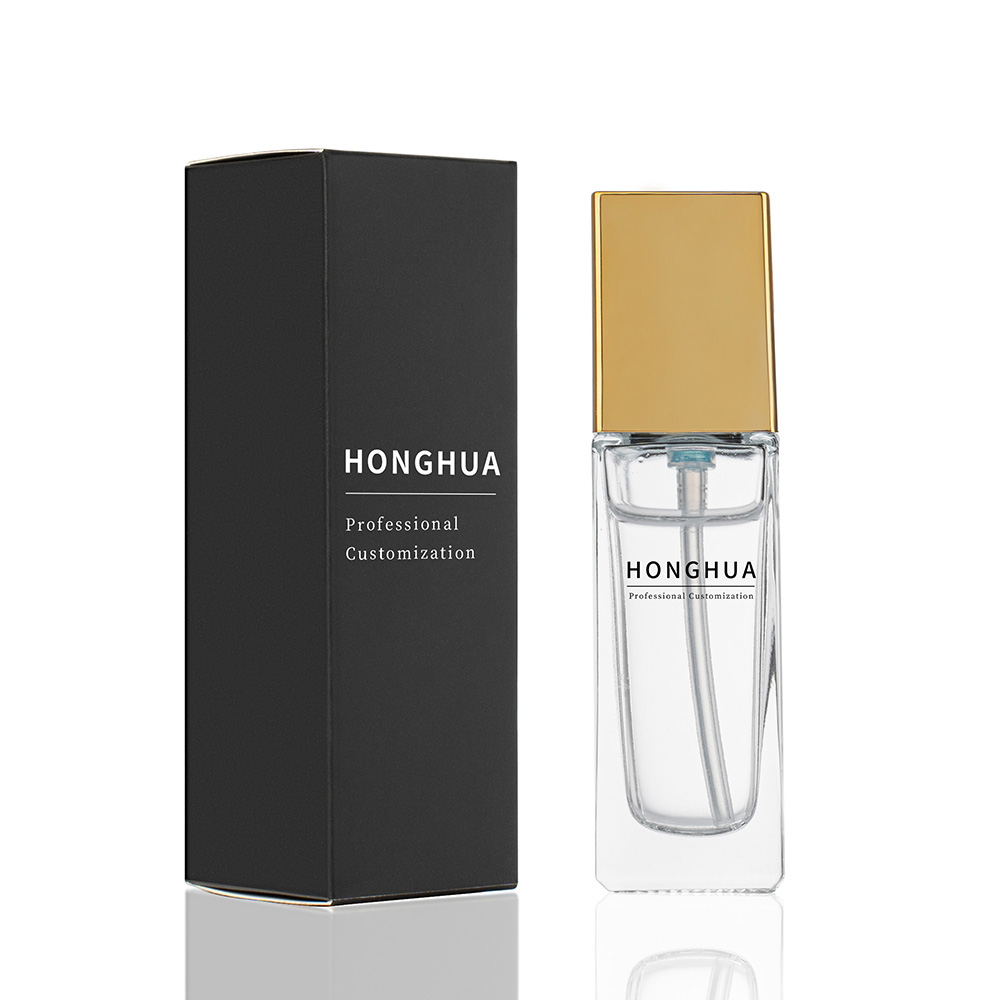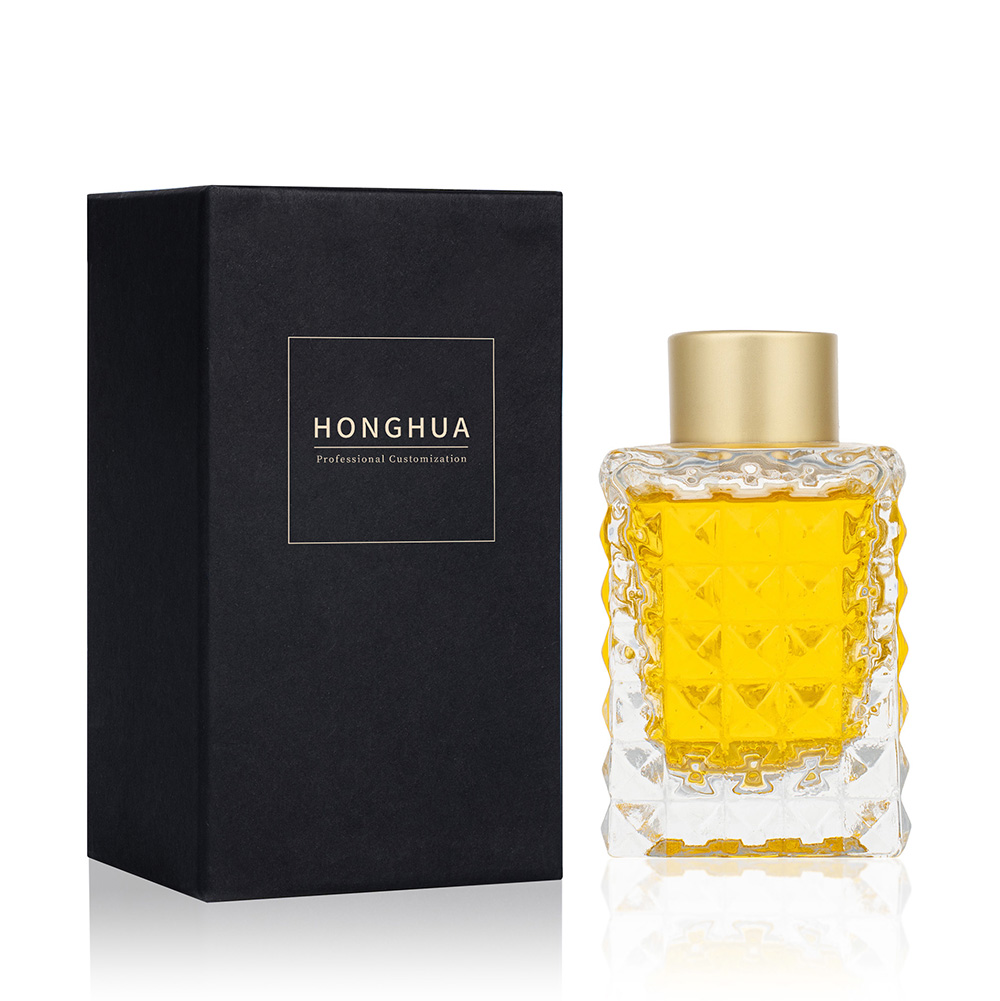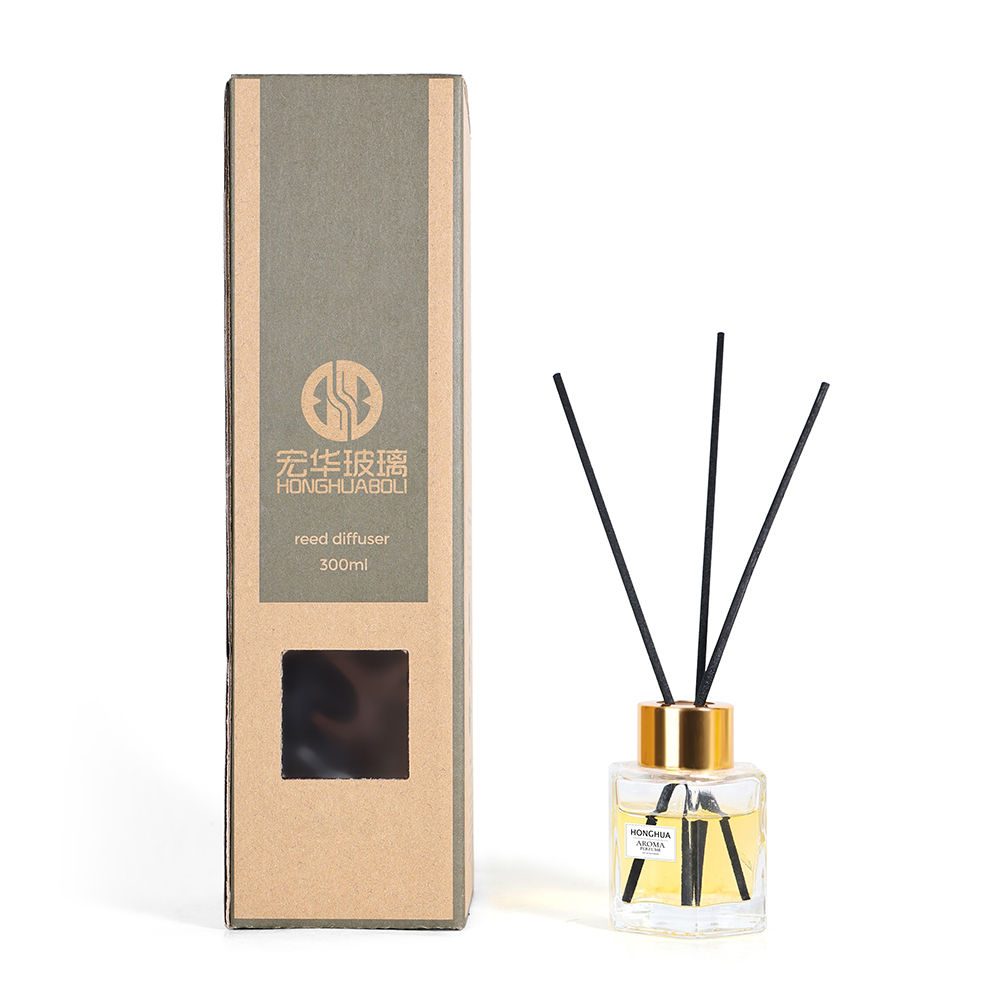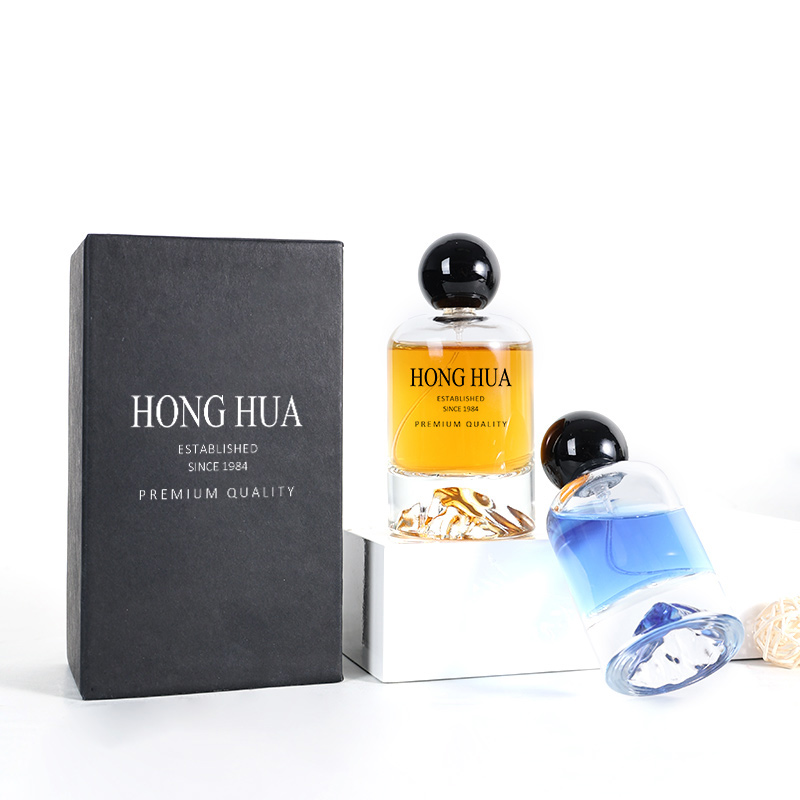This article is a comprehensive guide for businesses in the cosmetic and personal care industry seeking to find the ideal custom cosmetic manufacturer. We’ll delve into the critical factors to consider, from quality control and certifications to communication and logistics, providing insights to help you make informed decisions and avoid common pitfalls. Whether you’re a seasoned company owner or a procurement officer like Mark Thompson, this read is worth your time because it offers a blend of practical advice, insider knowledge from a Chinese factory perspective, and actionable steps to find a manufacturing partner that truly aligns with your brand’s vision and values.
1. Why is Choosing the Right Custom Cosmetic Manufacturer So Important?
Choosing the right custom cosmetic manufacturer is paramount to the success of your cosmetic business. It’s not just about finding someone who can make the product; it’s about finding a partner who understands your brand’s vision, maintains high-quality standards, and can scale up production as your business grows. Your manufacturer is an extension of your brand, and their capabilities directly impact your product quality, reputation, and ultimately, your bottom line.
The cosmetics sector is intensely competitive. To stand out, you need a premium product that meets and exceeds customer expectations. A manufacturer must be more than just a supplier; they should be a strategic partner who can contribute to your product development and help you elevate your brand in the products market. This means they must possess technical expertise, maintain stringent quality control, and offer excellent communication.
2. What are the Key Concerns When Purchasing Glass Cosmetic Bottles?
For procurement officers like Mark Thompson, several key concerns arise when purchasing glass cosmetic bottles, especially from overseas suppliers. These concerns often revolve around quality, reliability, and compliance.
- Quality Inspection: Ensuring that the glass bottles meet the required standards is crucial. This includes checking for defects, inconsistencies, and overall durability. Substandard bottles can lead to product leakage, damage, and ultimately, customer dissatisfaction.
- Certifications: Compliance with relevant certifications, such as FDA regulations in the USA, is non-negotiable. These certifications ensure that the materials used are safe for cosmetic use and meet international standards.
- Logistics: Efficient and reliable logistics are vital to avoid delays that can disrupt product launches and sales. Factors to consider include shipping times, customs clearance, and potential disruptions.
- Payment Methods: Secure and transparent payment methods are essential to protect both the buyer and the supplier. Common options include letters of credit, T/T payments, and increasingly, platforms like Alibaba Trade Assurance.
3. How Can Effective Communication Elevate Your Custom Cosmetic Manufacturing Experience?
One of Mark Thompson’s biggest pain points is inefficient communication with supplier sales representatives. This highlights the critical role of clear and effective communication in the custom cosmetic manufacturing process.
Effective communication isn’t just about responding to emails promptly; it’s about truly understanding the client’s needs, proactively offering solutions, and maintaining transparency throughout the entire process. A good manufacturer will have dedicated account managers who are fluent in English (or your preferred language) and possess a strong understanding of both the technical aspects of cosmetic manufacturing and the nuances of international business. It’s as simple as having an open line of communication, and providing regular updates. This transparency helps build trust and fosters a strong, long-term partnership.
4. What Certifications and Quality Control Measures Should You Prioritize?
When selecting a cosmetic manufacturer, certifications and quality control measures are non-negotiable indicators of reliability and product safety. Key certifications to look for include:
- GMP (Good Manufacturing Practices): This certification ensures that products are consistently produced and controlled according to quality standards, minimizing risks involved in cosmetic production.
- ISO 22716: This international standard provides guidelines for the production, control, storage, and shipment of cosmetic products.
- FDA Compliance (for the US market): The Food and Drug Administration regulates cosmetic products in the United States, and compliance with their regulations is essential for market access.
- REACH Compliance (for the EU Market)
Beyond certifications, inquire about the manufacturer’s in-house quality control processes. Do they have a dedicated QC team? What testing procedures do they follow? A reputable manufacturer will be transparent about their quality control measures and willing to provide documentation upon request.
5. How Does the Manufacturing Process Impact the Final Skincare Product?
The manufacturing process directly influences the quality and consistency of your final skincare product. A state-of-the-art facility with advanced machinery and skilled technicians is essential for producing high-quality glass bottles.
Factors such as the precision of the molding process, the quality of the raw materials (glass composition), and the annealing process (controlled cooling to prevent stress and breakage) all contribute to the final product’s durability, clarity, and aesthetic appeal. A manufacturer with robust quality control checks at each step of the process will ensure that only bottles meeting the strictest standards are shipped.
6. What are the Advantages of Private Label vs. White Label in Cosmetics?
In the world of cosmetics, understanding the difference between private label and white label is crucial for making informed business decisions.
- Private Label: This involves a manufacturer creating a unique formulation and packaging specifically for your brand. You have complete control over the product’s ingredients, design, and branding. Private label skincare allows for greater customization and differentiation in the market.
- White Label: This involves purchasing a pre-existing formulation and simply adding your brand’s label and packaging. It’s a faster and often cheaper option, but it offers less customization and your product may be similar to others on the market.
For businesses seeking to establish a unique brand identity and offer personalized skincare solutions, private label is generally the preferred choice.
7. What Role Does Customization Play in Building a Successful Beauty Brand?
Customization is a powerful tool for building a successful beauty brand. In a crowded marketplace, offering unique products that cater to specific customer needs and preferences can set you apart.
Custom cosmetic manufacturing allows you to:
- Create Unique Formulations: Develop products tailored to specific skin types, concerns, or demographics.
- Design Distinctive Packaging: Reflect your brand’s aesthetic and values through custom bottle shapes, colors, and labeling.
- Offer Personalized Solutions: Provide customers with products that feel exclusive and cater to their individual needs.
- Build Brand Loyalty: Create a strong connection with customers by offering products they can’t find anywhere else.
Navigating logistics and payment methods with international suppliers, especially those in developing countries like China, requires careful planning and due diligence.
Logistics:
- Incoterms: Understand the International Commercial Terms (Incoterms) that define the responsibilities of the buyer and seller in international trade. Common Incoterms include FOB (Free On Board), CIF (Cost, Insurance, and Freight), and EXW (Ex Works).
- Shipping Options: Consider the various shipping options, including sea freight (more economical but slower) and air freight (faster but more expensive).
- Customs Clearance: Be prepared for customs procedures and potential delays. Work with a reputable freight forwarder to ensure smooth clearance.
Payment Methods:
- Letter of Credit (L/C): A secure payment method where a bank guarantees payment to the supplier upon fulfillment of specified conditions.
- Telegraphic Transfer (T/T): A common method involving a direct bank transfer. Typically, a deposit is paid upfront, with the balance due upon shipment or receipt of goods.
- Alibaba Trade Assurance: A platform that offers payment protection and dispute resolution services for buyers and sellers on Alibaba.com.
9. What are the Benefits of Sourcing from Developing Countries like China?
Sourcing glass cosmetic bottles from developing countries like China offers several advantages, particularly for businesses seeking competitive pricing.
- Lower Manufacturing Costs: Labor and production costs are generally lower in China compared to developed countries, resulting in more affordable prices.
- Large-Scale Production Capacity: Chinese factories often have extensive production capabilities, allowing them to handle large orders efficiently.
- Established Supply Chains: China has well-established supply chains for glass bottle production, ensuring a reliable source of materials and components.
- Growing Technological Expertise: Chinese manufacturers are increasingly investing in advanced technology and improving their quality control processes.
However, it’s crucial to conduct thorough due diligence and select a reputable supplier to mitigate potential risks. Consider visiting the factory in person, requesting samples, and checking their certifications and references.
Click here to see our Unique Perfume Bottles selection.
10. How can Exhibitions Help You Find the Perfect Custom Cosmetic Partner?
Exhibitions, both domestic and international, are valuable platforms for connecting with potential custom cosmetic manufacturers. These events allow you to:
- Meet Suppliers Face-to-Face: Build rapport and establish personal connections with potential partners.
- See Product Samples: Evaluate the quality of the manufacturer’s products firsthand.
- Discuss Your Specific Needs: Have in-depth conversations about your brand’s requirements and customization options.
- Compare Multiple Suppliers: Efficiently compare different manufacturers in one location.
- Stay Updated on Industry Trends: Learn about the latest innovations and trends in cosmetic manufacturing.
Attending industry-specific exhibitions, such as Cosmoprof (held in various locations worldwide), China Beauty Expo, and InterCHARM (Russia), can provide valuable networking opportunities and insights.
Browse our Luxury Diffuser Bottles here.
Real-World Example: Mark Thompson’s Journey
Let’s revisit Mark Thompson, our typical customer. Mark, as a company owner and procurement officer, regularly attends exhibitions to find new suppliers. He prioritizes suppliers who can offer high-quality glass bottles at competitive prices. At a recent exhibition in Shanghai, Mark met Allen, a representative from a Chinese glass bottle factory with seven production lines.
Allen demonstrated a clear understanding of Mark’s needs, providing detailed information about their quality control processes, certifications (including FDA compliance), and various customization options. Allen’s proactive communication and willingness to provide samples impressed Mark. After thorough due diligence, including a factory visit and reference checks, Mark decided to partner with Allen’s company.
This partnership proved successful, with Mark receiving consistently high-quality glass bottles, timely deliveries, and excellent customer service. The partnership allowed Mark to elevate his product offerings and expand his business.
View our range of Custom 100ml Home Perfume Diffuser Bottle.
Detailed Table: Comparing Different Types of Cosmetic Bottles
| Bottle Type | Material | Typical Use | Advantages | Disadvantages | Customization Options |
|---|---|---|---|---|---|
| Perfume Bottles | Glass | Fragrance, perfumes, colognes | Elegant appearance, excellent barrier properties, recyclable, wide range of shapes and sizes available | Can be fragile, relatively heavy | Shape, size, color, decoration (frosting, printing, labeling), cap type, pump type |
| Diffuser Bottles | Glass | Reed diffusers, aroma diffusers | Aesthetically pleasing, good diffusion properties, reusable | Can be fragile, requires reeds or other diffusing mechanisms | Shape, size, color, decoration, neck finish (for different types of stoppers or caps) |
| Essential Oil Bottles | Glass (often amber) | Essential oils, aromatherapy blends | Amber glass protects contents from UV light, small sizes ideal for concentrated liquids, dropper caps provide precise dispensing | Limited sizes, amber color may not be suitable for all branding | Size, color (clear, amber, other colors), cap type (dropper, euro dropper, tamper-evident cap), labeling |
| Cream Jars | Glass, Plastic | Face creams, body creams, moisturizers | Glass offers a premium feel and excellent barrier properties, plastic is lightweight and less prone to breakage | Glass can be heavy and fragile, plastic may not be perceived as high-end | Shape, size, color, material (glass or plastic), lid type (screw-on, flip-top), labeling |
| Dropper Bottles | Glass | Serums, facial oils, liquid foundations | Precise dispensing, controlled application, protects contents from air and contamination | Can be fragile, dropper can be prone to clogging if product is thick | Size, color, dropper type (glass or plastic), cap type, labeling |
| Hand Wash Bottles | Glass, Plastic | Liquid soaps, hand sanitizers | Glass offers a premium feel and is recyclable, plastic is lightweight and durable | Glass can be fragile, plastic may not be suitable for all formulations | Shape, size, color, material (glass or plastic), pump type, labeling |
| Lotion Bottles | Glass, Plastic | Body lotions, hand lotions, moisturizers | Glass offers a premium feel and excellent barrier properties, plastic is lightweight and less prone to breakage | Glass can be heavy and fragile, plastic may not be perceived as high-end | Shape, size, color, material (glass or plastic), pump type, cap type, labeling |
| Serum Bottles | Glass | Facial serums, anti-aging treatments | Protects delicate formulations from light and air, often small and elegant, dropper or pump options for precise dispensing | Can be fragile, small sizes may not be suitable for all products | Size, color, dropper or pump type, cap type, labeling |
| Spray Bottles | Glass, Plastic | Facial mists, setting sprays, hair sprays | Fine mist application, convenient for on-the-go use, glass offers a premium feel | Glass can be fragile, plastic spray mechanisms can be prone to malfunction | Shape, size, color, material (glass or plastic), spray nozzle type, cap type, labeling |
| Roll-On Bottles | Glass | Perfumes, essential oil blends, eye serums | Precise application, portable and convenient, minimizes product waste | Small sizes, rollerball can be prone to leaking if not properly sealed | Size, color, rollerball material (glass, plastic, stainless steel), cap type, labeling |
Summary of Key Takeaways
- Choosing the right custom cosmetic manufacturer is a critical decision that impacts your brand’s success.
- Prioritize quality control, certifications, and effective communication when evaluating potential partners.
- Understand the differences between private label and white label options to align with your brand’s strategy.
- Customization is a key differentiator in the competitive cosmetic market.
- Sourcing from developing countries like China can offer cost advantages, but due diligence is essential.
- Exhibitions are valuable platforms for finding and connecting with potential manufacturers.
- Logistics and payment methods require careful planning when working with international suppliers.
- Always address any pain points, making sure that your new supplier addresses these appropriately.
- Establish open lines of communication, making the partnership beneficial long-term.
- Always perform the necessary Quality Checks, ensuring that the product is up to par.
By following these guidelines and learning from Mark Thompson’s experience, you can navigate the complex world of custom cosmetic manufacturing and find a partner who will help you create exceptional products and elevate your brand. Remember, the right manufacturer is more than just a supplier; they are a strategic partner in your brand’s journey.
Post time: Mar-07-2025












